Bye Bye to Teething troubles
7 minute read, Written By: Momly
“My kid is throwing tantrums every morning to brush his teeth?”
“Oh, my kid is not liking the toothpaste taste? Which toothpaste should I switch to?”“Should I avoid toothpaste?”
“Do you know when can one start adult toothpaste for kids?”“Will fluoride toothpaste cause damage to my kid’s oral health?”
Well, recently our Momly community Whatsapp group was ringing with several odd questions like the above. All centering towards kids’ dental health. With no clue and insufficient cues, it is all haywire when it comes to oral health for kids, we agree. But as these questions tumbled out one by one, our Momly community of moms also had a lot of insights to offer, mainly through maternal wisdom and parenting experience. Some doctor moms also chipped in to whip out their medical perspective. Having healthy dental hygiene is a must for all, especially, a dire necessity for kids. Right from the beginning, caring for their teeth could result in stronger teeth and lesser teeth issues. On the contrary poor oral health can manifest into dental infections, bacteria, and disease.
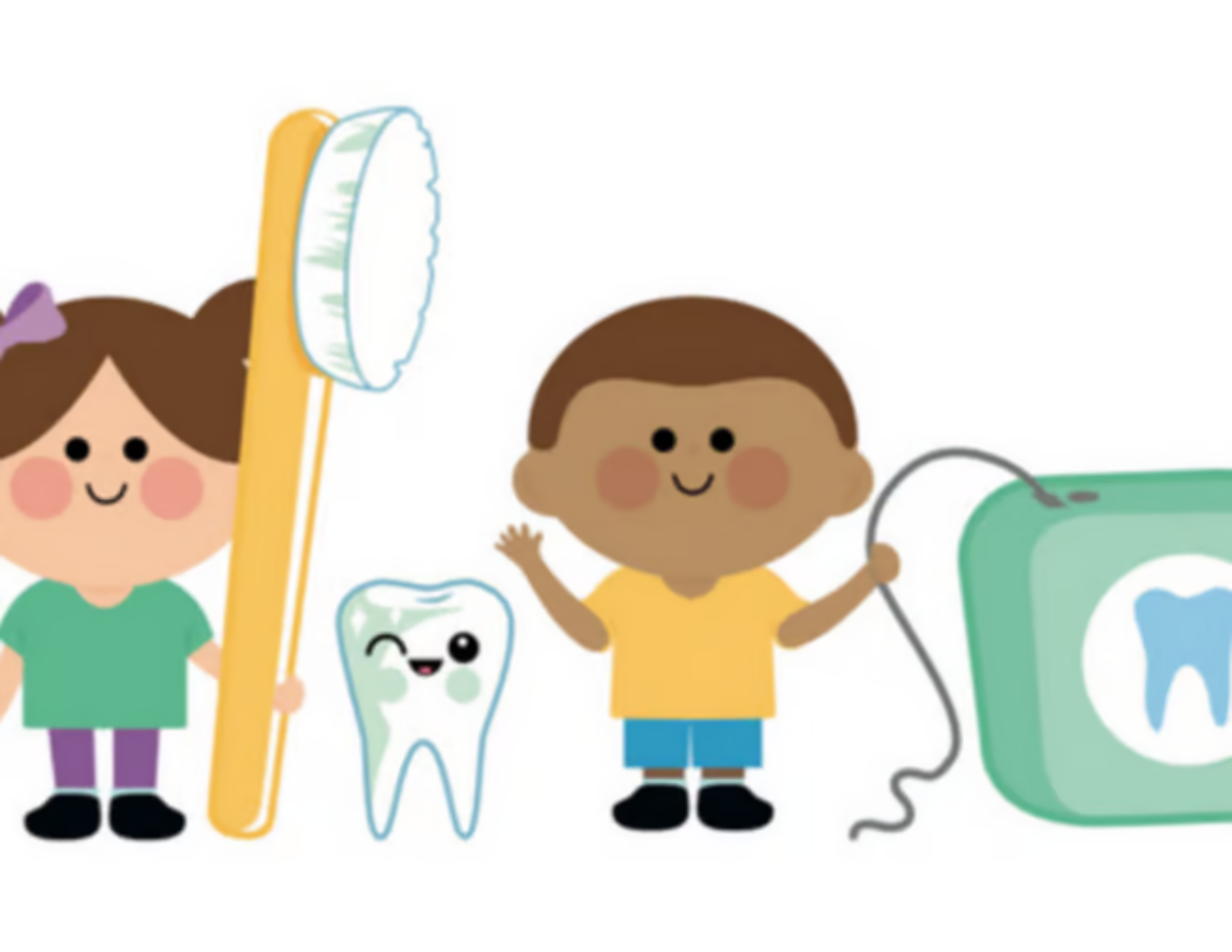
How to care for kids’ teeth?
Initiating a dental subject is very difficult with kids. You need to approach it with care and creativity. Often, kids throw tantrums and are not cooperative to brush their teeth. They find it very tiresome and try every way possible to escape the brushing routine. Sometimes, they don’t like the taste of toothpaste so they avoid brushing their teeth. Do not force them as forcing will send them into a rebellious state and won’t help the situation.
- Ask your kid to pick up a brush and give them agency to choose color and design. Let them get connected with the dental routine
- Ask them to pick the toothpaste of their choice. Often, they get attracted to juicy or fruity flavor
- Get them picture books based on dental care so that they learn to develop brushing habits with the characters in a storybook
- Have a dental hygiene conversation during meal times or bedtime
- Kids love rewards. You can give them a star, or play their favorite game or sport. Show them videos of oral health where the main character suffers due to poor oral care
- Play some tune or their favorite music track while they are brushing their teeth
- Brush with them so that they see you do it regularly. Leading by example works wonders.
- Appreciate them in every step so that they feel motivated to keep the habit going.
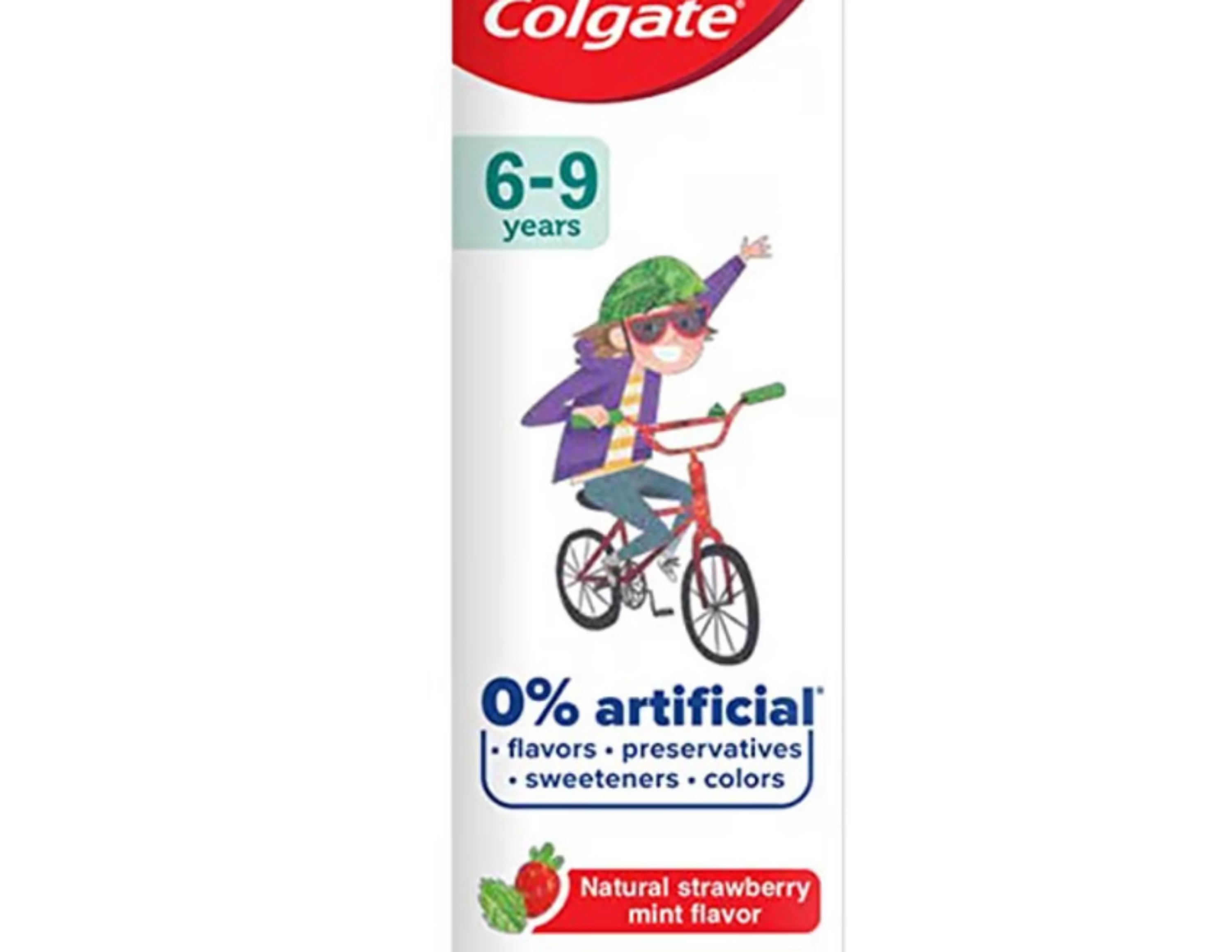
Fluoride Vs Non-Fluoride
There has always been an apprehension to use fluoride toothpaste on kids’ teeth. Dr. Priyanka, Momly mom puts it this way, “Fluoridated toothpaste is not recommended below the age of 6 as a child under that age has not fully developed their ability to spit completely and ingestion of fluoride can be harmful and detrimental to their oral health.” While everyone pondered around this suggestion because it made sense, our Momly mom and also pediatric dentist Dr. Avani Jain gave another perspective. She says “Till one year you can use fluoride-free toothpaste. After one year you can start using fluoridated toothpaste for your kids. Using fluoridated toothpaste is not harmful as fluoride keeps away cavities and is resistant to dissolution. According to the International Association of Pediatric Dentistry Declaration, fluoridated toothpaste can be given to children but you need to watch out for the quantity. Quantity of the fluoride-containing toothpaste plays a great role for kids lesser than 6 years.”
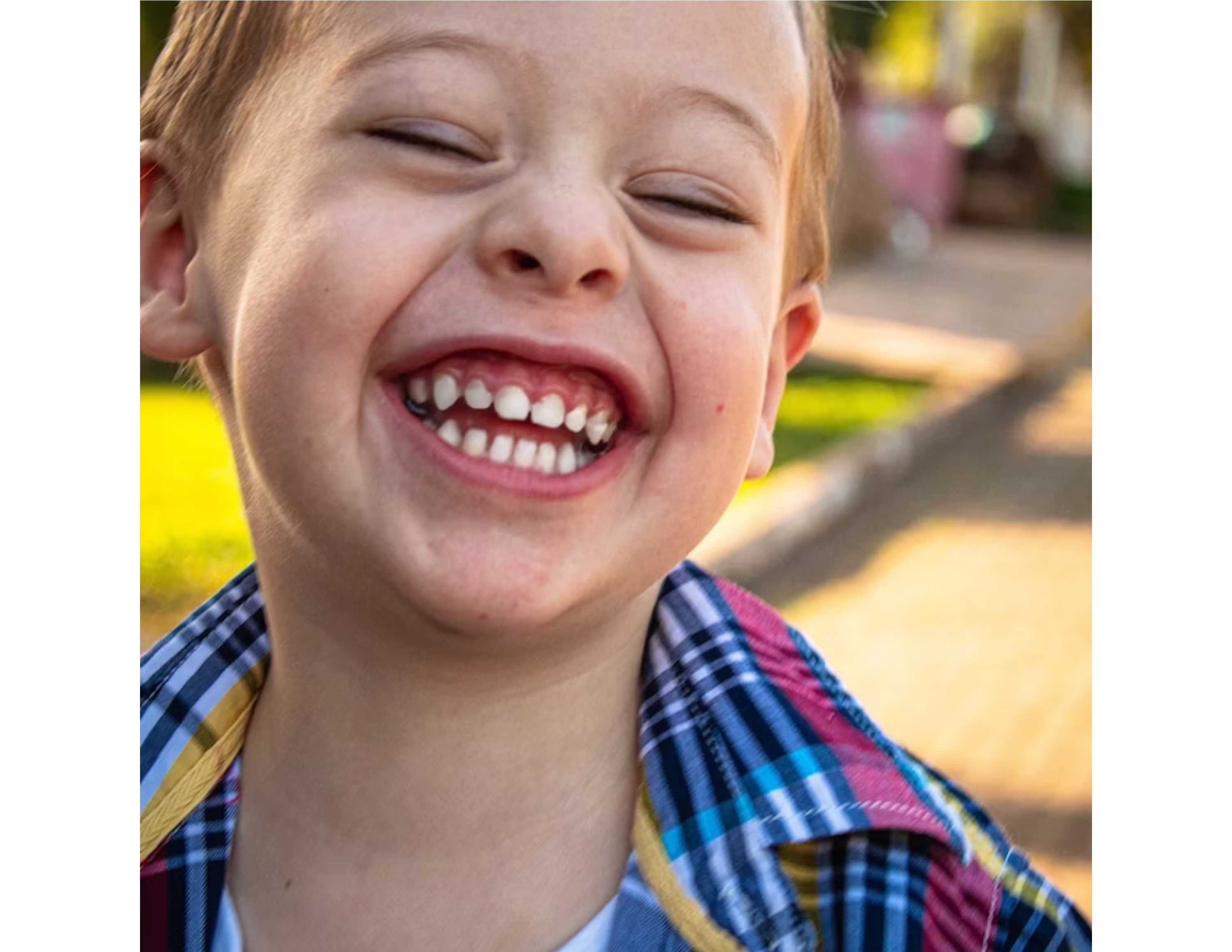
How much quantity of fluoride toothpaste is to be given to kids below six years?
- For 0 – 3 years – Use rice grain quantity
- For 3 – 6 years – Use pea size quantity
- For above 6 years – spread the toothpaste on the bristles
Is toothpaste mandatory for kids?
The main reason behind cavities is free sugar in their diet. Sugary foods like sweets, confectionary items, cakes, cookies, and chocolates cause great damage to kids’ teeth. A small cavity becomes a mountain and leads to severe infections and oral diseases. “Avoiding free sugar (simple sugar which causes cavities) till 2 years of age”, says Dr. Avani. “If you are sure that your child can avoid sugar, the use of toothpaste is optional. See to it that you brush their teeth with plain water so that the plaque deposits get rubbed off due to friction generated by brushing. Plaque is a biofilm, yellowy sticky nature substance, which gets deposited on teeth and has damaging effects on teeth and causes gum complications. On the contrary, if you are not certain about your kids steering clear from sweets and their like, then toothpaste is mandatory.” “Also give them water to drink after eating sticky foods or sweets”, adds Ambalika, Momly mom.
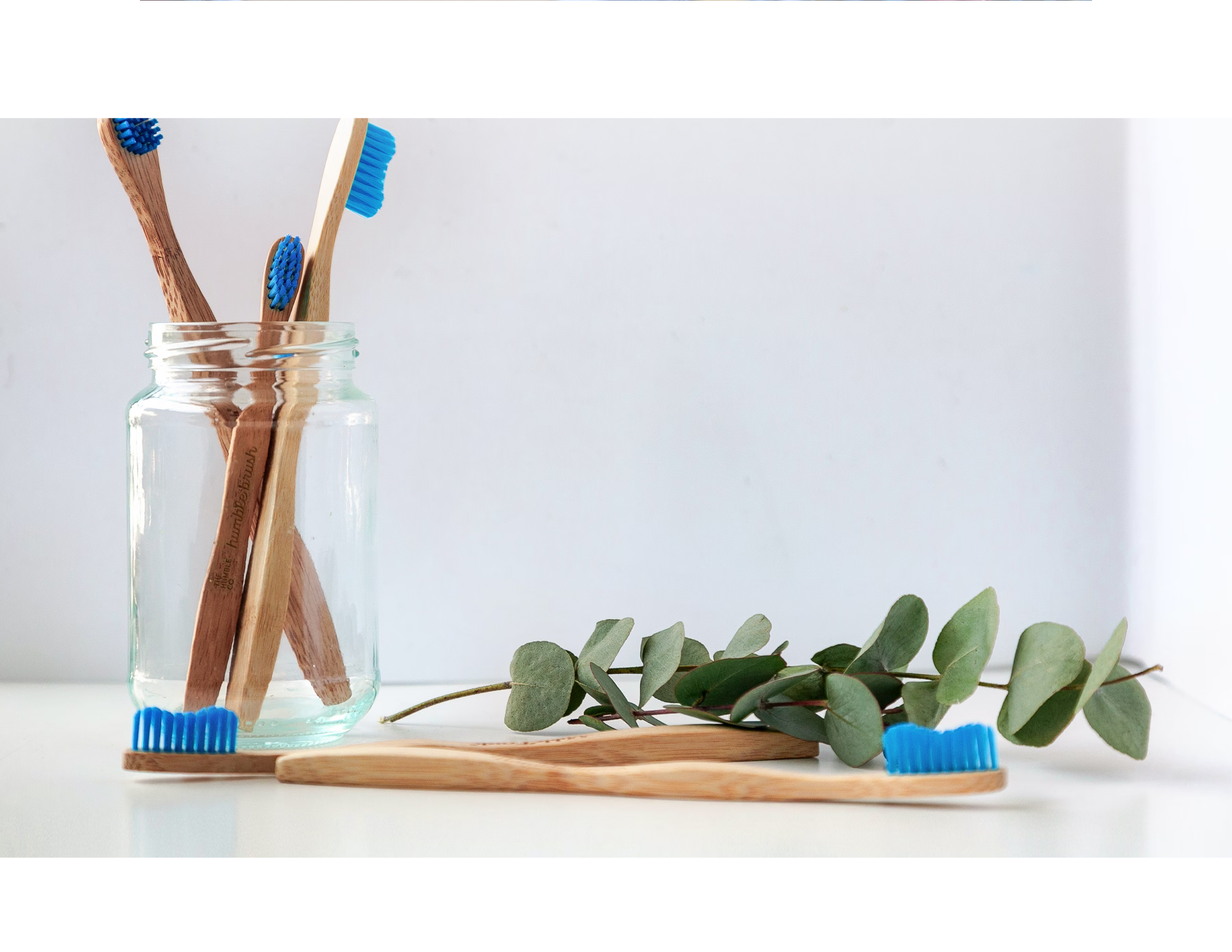
When should one take their kids to a dentist?
Take your kids for a dental check-up as soon as the first teeth pop out which is around 8 to 9 months. Dentists will guide you toward preventive oral care, tooth decay, tips on daily tooth hygiene, and cavity-free oral health. Also, the pediatric dentist will assess the risk category of your child and accordingly will advise the right amount of fluoridated toothpaste to use. Visit their favorite spot following the dental visit.
How do you prevent bad dental habits in kids?
Till 6 years of age, you should brush your kids’ teeth. Do not give them the agency to brush independently. Kids do not have the manual dexterity to handle the brush on their teeth. If your kid is interested to take up the brushing skill, then keep 2 toothbrushes so that you can brush their teeth after they brush. All six segments of the oral area need to be brushed properly. The toothbrush needs to be changed after every two months or if the bristles are frayed. Avoid free sugar as much as possible. The frequency of sweets causes more cavities than quantity. Do not stock up on chocolates. Lastly, you can have a fun Sunday or a snacky Sunday and ask them to eat sugary foods only on Sundays.
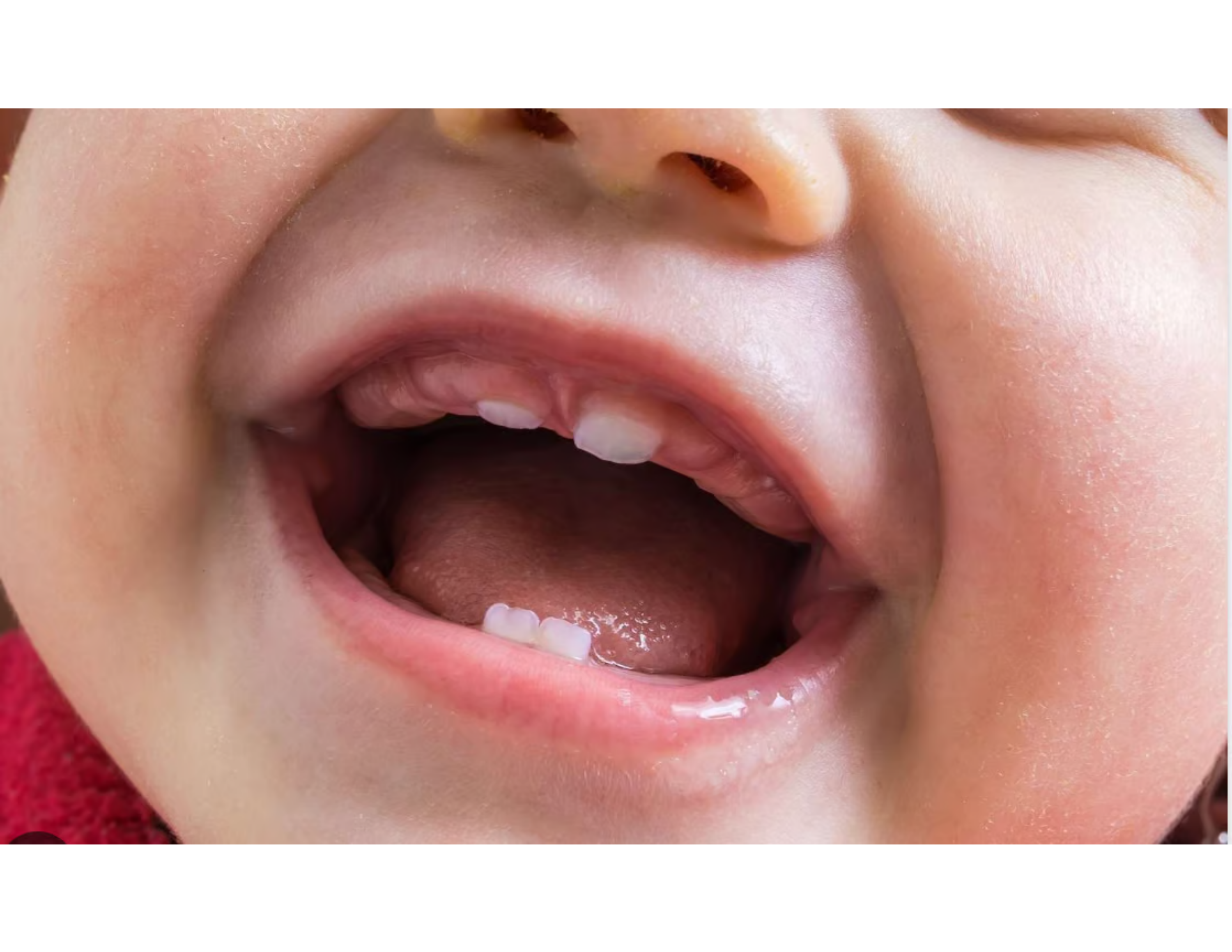
Does teething result in other health issues?
When the first teeth pop through a baby’s gums, it is called teething. Teething is a source of parental concern; many unrelated illnesses are blamed on teething. You need to take a second opinion if illnesses like fever and diarrhoea persist and do not slight it as teething.
Let’s bust some myths:
- Myth 1 - Teething may cause fever
- Fact – True fever is unrelated to teething
- Myth 2 – Teething causes diarrhoea
- Fact – Diarrhoea can occur at this age due to new milestones, like starting solids, crawling, and transitioning from breastfeeding to formula foods
- Myth 3 – Teething causes loss of appetite, runny nose, coughing
- Fact – Teething does not cause any of these serious symptoms



